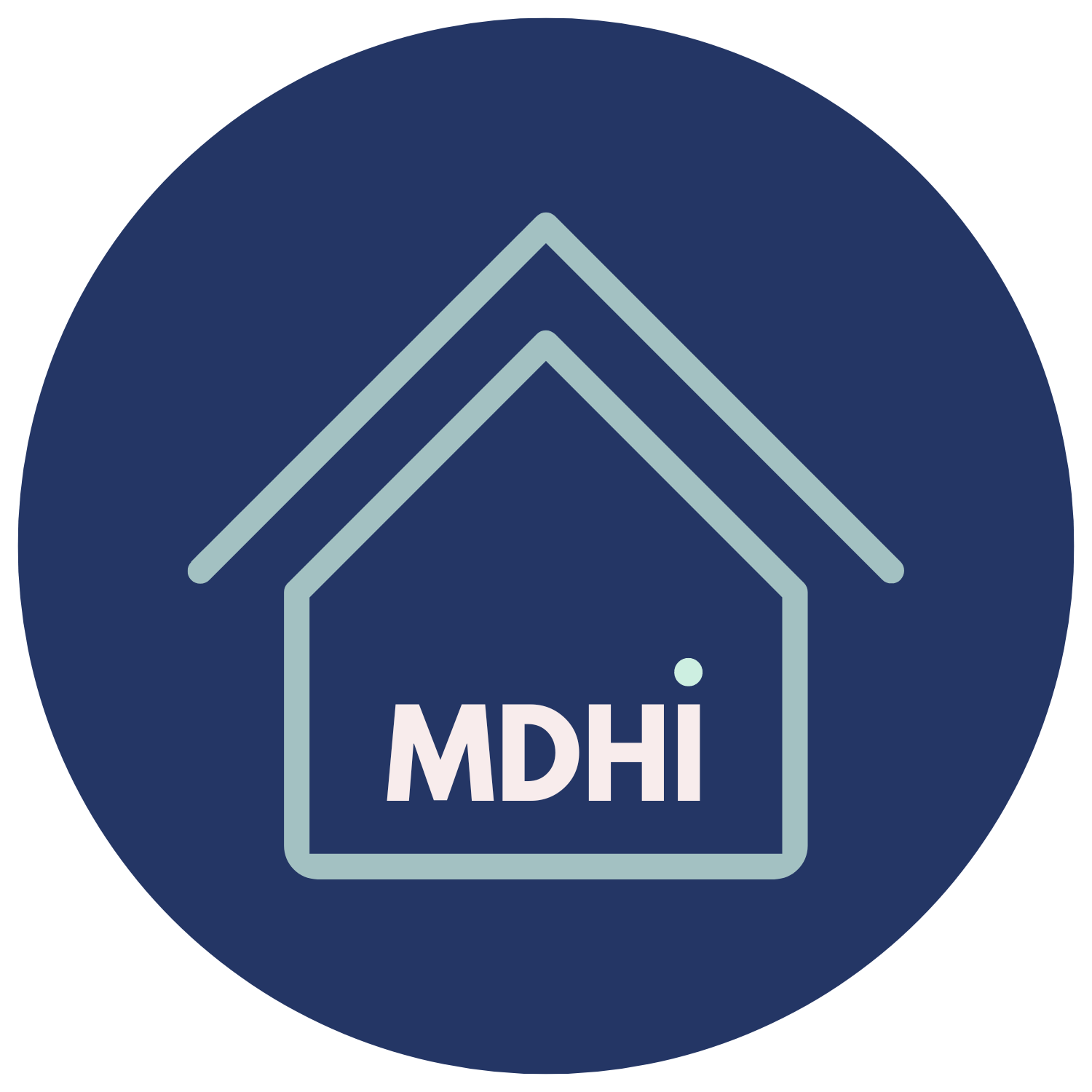HOMELESS MANAGEMENT INFORMATION SYSTEM
MDHI serves as the lead agency for Colorado’s Homeless Management Information System (COHMIS), which houses data about the people accessing services related to homelessness throughout Colorado. We use this data to track client and program outcomes, measure system performance, and inform regional and local efforts to end homelessness. Our goal is quality, real-time data that captures everyone experiencing homelessness by name.
New Agency Welcome Packet
We routinely train our partner agencies across the region on data quality and timeliness, striving for an accurate picture of who is experiencing homelessness at any given time.
New to COHMIS or interested in using COHMIS at your organization? Learn more with our COHMIS New Agency Welcome Packet.
HMIS Training
Our new self-paced training meets the needs of our end users while maintaining our high standards for data collection and privacy. Quality, real-time data is a key component of our region’s strategy to end homelessness, and that data lives in HMIS. We hope this new process will make HMIS more accessible to agencies across the region so that we can make more data-driven decisions, together.
Clarity Go Live
Welcome to Clarity Human Services, your new HMIS database. You should have received your username via email. You can use the ‘Forgot Password’ feature to reset your password and access the system. Please contact your CoC Helpdesk If you cannot access the site.
HMIS HelpDesk
HMIS HelpDesk - Access COHMIS training information, quick reference guides, video tutorials, announcements, documents, client forms, and more. If you can’t find what you’re looking for, simply “Submit a Request” at the top right.
-
The new HMIS training is self-paced rather than instructor-led. This allows us to increase the number of end users we train AND provides the end user the flexibility to complete the training on their terms.
There are graded content reviews, interactive activities, and a final practical exam. All exams are graded as Pass/Fail. Users who pass all knowledge checks and the final practical exam will receive an HMIS license for one year. End Users must take refresher training in the fall of each year to keep their license active.
-
To register for HMIS training, the agency DPAL will need to complete the Metro Denver HMIS Training Sign-Up Form for each staff member who needs training. Talent LMS will automatically create an account for the staff member using the information provided in the training sign-up form. Be sure that the inputted data is correct. Each registered staff member will receive an automatic email from Talent LMS regarding their new HMIS course enrollment.
-
Office hours are on an as needed basis. If an end user needs additional assistance with completing the HMIS training, our training specialist will reach out to confirm a time to meet 1-on-1 with the user virtually via Microsoft Teams.
-
Every end user with an HMIS license is required to complete annual refresher training in the fall. The purpose of this training is to review changes to the mandatory HUD data reporting requirements.
End users who do not complete annual refresher training will be deactivated. These users must complete refresher training to re-activate their license, or else they must repeat the training course.
In 2017, MDHI engaged Focus Strategies to analyze data from HMIS, the Housing Inventory Count, the Point in Time, and program budgets using their SWAP suite of tools. The four primary intervention types analyzed were emergency shelter, transitional housing, rapid rehousing, and permanent supportive housing. The analysis of HMIS data quality and project-level performance, which was based on HUD and HEARTH-aligned metrics, helps us gauge the effectiveness of the existing homelessness system in Metro Denver.
System Performance
MDHI System Performance Assessment (2018)
Noted in the report is the Stakeholder Input Report (2017), compiled from interviews with stakeholders across the region.
Resources
For data-driven system planning and performance measurement:
Slides from MDHI's Learning Collaborative on System Performance (Focus Strategies, September 2017)
System Performance Analysis Presentation (Board Meeting, March 2017)
Benefits of COHMIS
Your Staff
Can better understand a client's history of accessing programs and services, and connection to other resources
Can collaborate on a state-wide case management model, including secure cross-agency communication within the system itself
Can access documents digitally
Can see successes of housing across the system and OneHome coordinated entry integration
Gets a minimalistic, user-friendly interface - at-a-glance caseloads, ability to print directions to your program, and eligibility requirements
Your Clients
Get a client-centric design, where programs and case managers are coordinating around the clients needs
Can have their documents stored digitally, lessening the need to retain physical copies that can be lost
Is referred to appropriate community resources and coordinated entry
Doesn't feel as retraumatized by telling their story at every agency they engage
Your Agency
Can easily report on outcomes for additional funding sources, budgetary oversight and financial projections Can reduce duplication of agency services with other agencies
Can integrate with your local software to reduce duplicate data entry
Can review trends and gaps for services, staff training, or capacity
Can develop partnerships with regional stakeholders and provide a data-informed narrative to funders
Can see client counts by program through at-a-glance views
Your Community
Can align funders on shared outcomes for reporting impact
Gets a broader sense of homelessness in the region (and the state of Colorado) allowing us to see what the population looks like, what services/agencies they are accessing, etc. Receives data for pursuing additional funding
Connects to non-traditional homeless resources
Can review trends and gaps for services in regional geographies



